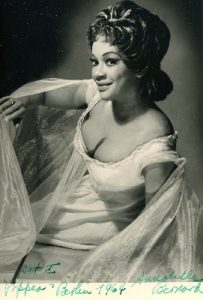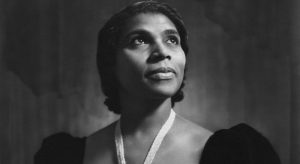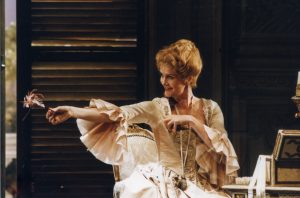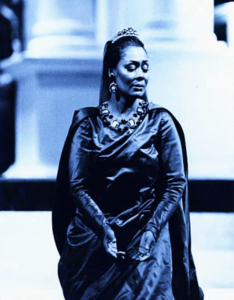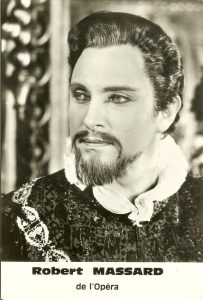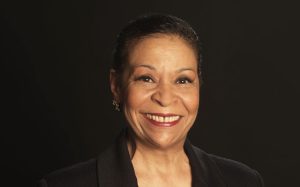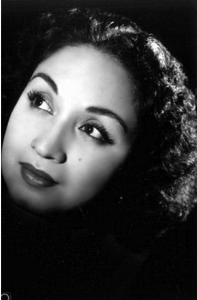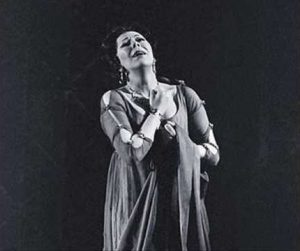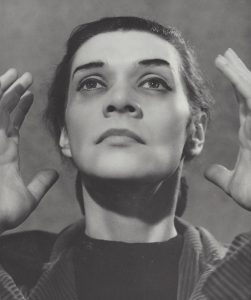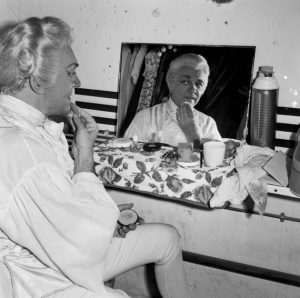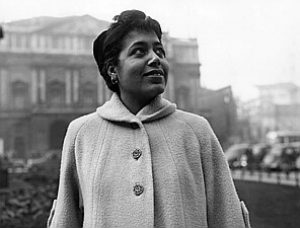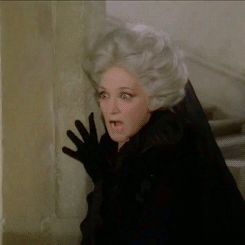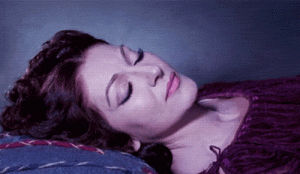Podcast: Play in new window | Download (Duration: 1:16:16 — 87.6MB) | Embed
Subscribe: Spotify | TuneIn | RSS | More
During Black History Month this year I featured a group of five exceptional singers I dubbed, for lack of a better term, “Forgotten Divas.” Each of these women, sopranos Delcina Stevenson, Annabelle Bernard, and Veronica Tyler, mezzo-soprano Gwendolyn Killebrew, and jazz singer Ethel Ennis, represents the peak of achievement in each of their respective fachs. These proved to be among the most popular and far-reaching of my recent episodes. At that time, I promised my listeners that I would continue to seek out rare recordings of each of these women and that, if and when such material surfaced, I would be sure to share it with my listeners. True to my promise, I present a brand-new episode featuring (for the most part) newly discovered material with each of these singers: a live Washington Opera Ariodante from 1971 and a live Carnegie Hall Orfeo ed Euridice from 1967, both with Veronica Tyler; live original language performances of Puccini’s Il tabarro and Meyerbeer’s Le Prophète from the stage of the Deutsche Oper Berlin which starred Annabelle Bernard; Gwendolyn Killebrew singing the Habanera from Carmen, one of her most celebrated roles, as well as the Waldtaube in Schoenberg’s Gurrelieder; rare studio recordings of Delcina Stevenson singing Bach and Vivaldi from the early 1970s; and live material featuring Ethel Ennis over the course of nearly fifty years of her career, 1958 through 2005. As more of this material resurfaces, I will present further episodes of this new “Rescue Mission” series featuring both these singers and others I have already featured on the podcast, performing material that adds to our understanding and appreciation of their artistry.
Countermelody is a podcast devoted to the glory and the power of the human voice raised in song. Singer and vocal aficionado Daniel Gundlach explores great singers of the past and present focusing in particular on those who are less well-remembered today than they should be. Daniel’s lifetime in music as a professional countertenor, pianist, vocal coach, voice teacher, and journalist yields an exciting array of anecdotes, impressions, and “inside stories.” At Countermelody’s core is the celebration of great singers of all stripes, their instruments, and the connection they make to the words they sing. By clicking on the following link (https://linktr.ee/CountermelodyPodcast) you can find the dedicated Countermelody website which contains additional content including artist photos and episode setlists. The link will also take you to Countermelody’s Patreon page, where you can pledge your monthly support at whatever level you can afford.
